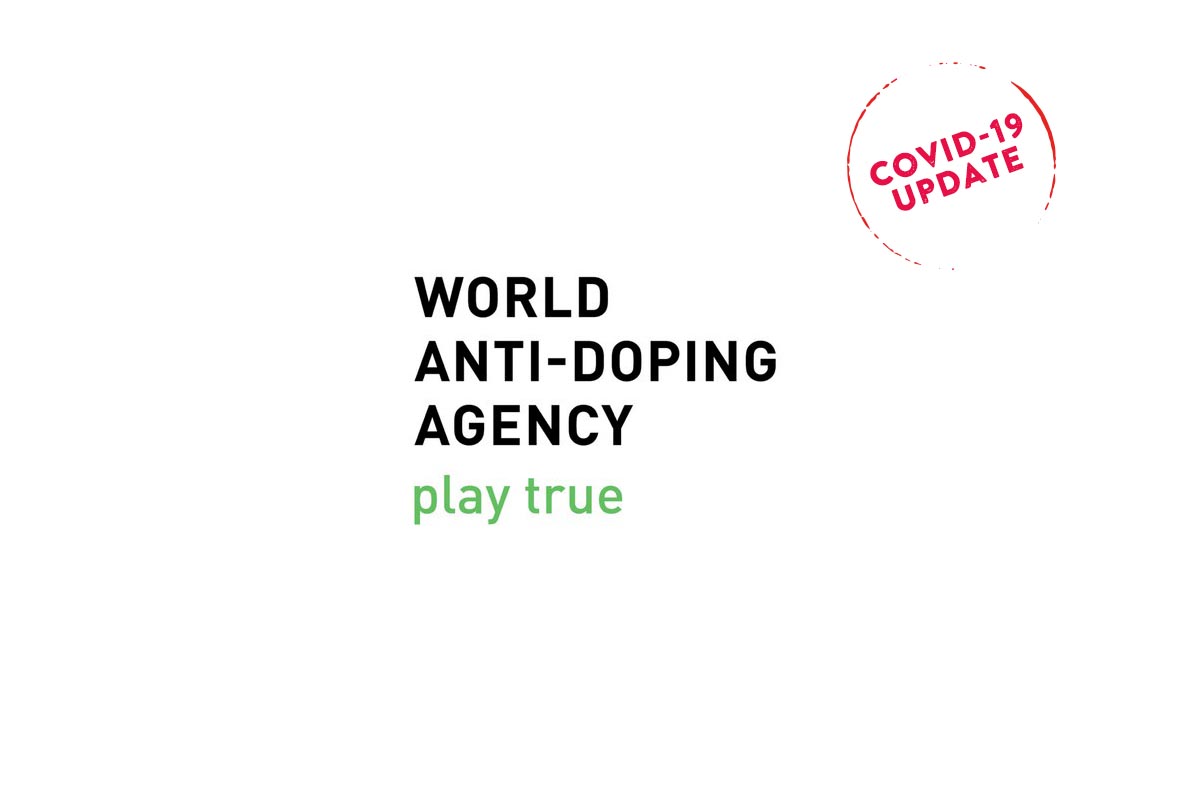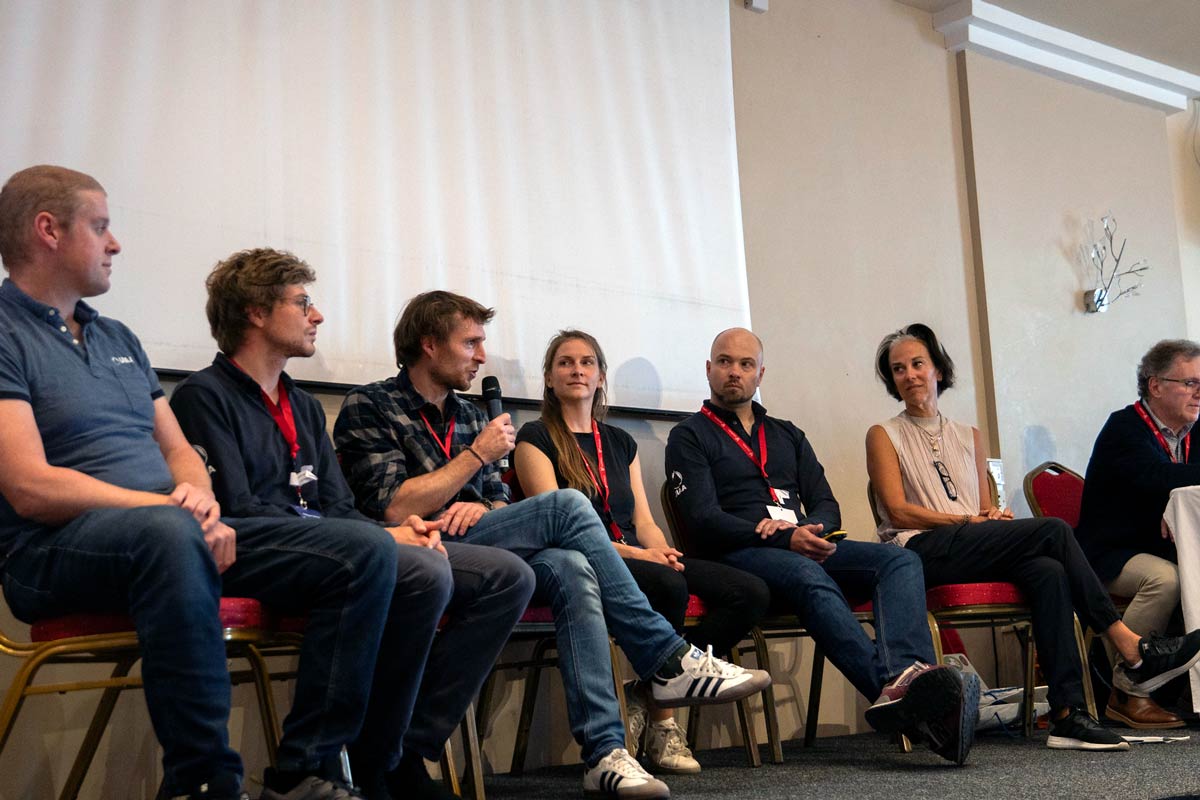Montreal, 6 May 2020 – Following on from its COVID-19 guidance of 20 March, today the World Anti-Doping Agency (WADA) issued updated guidance for Anti-Doping Organizations (ADOs) focused on the resumption of athlete testing as deconfinement leads to the restart or return to normal of doping control programs in a number of countries around the world.
WADA developed the guidance following consultation with a group of National Anti-Doping Organizations (NADOs) to determine how the anti-doping community can best operate their testing programs in this challenging environment. The guidance follows globally recommended health and hygiene procedures and is in line with the International Standard for Testing and Investigations.
The guidance has been refined to reflect the evolving nature of the pandemic, its effect on the global testing program and the fact that some parts of the world that had suspended or significantly reduced testing are getting back to normal as restrictions begin to be lifted. It covers a number of areas, concentrating in particular on what procedures should be employed by ADOs and their sample collection personnel when conducting testing during this period.
WADA President Witold Bańka said: “Throughout the COVID-19 pandemic, WADA has been keeping in close contact with Anti-Doping Organizations in order to provide leadership and support in the face of this unprecedented situation. As always, our first priority must be public health, safety and social responsibility. Therefore, we continue to urge everyone to follow closely the advice of relevant health authorities and government agencies.
“Where testing programs can resume, we are providing clear guidance so that the integrity of the system can be maintained without jeopardizing the health of athletes, sample collection personnel or anyone coming into contact with them. It is crucial that the system can return to full power as quickly as possible once the various restrictions are lifted, in line with the different circumstances around the world.
“What this pandemic has demonstrated is the need for further innovation in anti-doping. WADA knows that to make anti-doping more effective, we continually need to innovate. Our work, in collaboration with the wider anti-doping community, researching new sample collection and analytical techniques has been ramped up, in particular in the areas of dried-blood-spot analysis and artificial intelligence. We continue to develop practical applications for these innovations while ensuring the appropriate consultation process is followed, and that they are legally sound and in compliance with the World Anti-Doping Code and related International Standard before coming into force.”
WADA Director General Olivier Niggli said: “WADA and the anti-doping community know that this continues to be a difficult and uncertain time for athletes. As a community, we must ensure that testing continues or resumes only with the necessary health and hygiene protocols in place. The safety of athletes and those around them remains our number-one concern. We must also do everything possible to secure athlete confidence that, when sporting events recommence, they will be as clean as possible.
“The global anti-doping system is not just about testing. For example, the Athlete Biological Passport is a useful tool to assess the longer-term profile for each athlete. We continue to receive intelligence through our whistleblower program, ‘Speak Up!’, that can lead to target-testing or the launching of investigations. And WADA is increasing access to Clean Sport education and information programs worldwide for athletes and their support personnel. So we have tools we can use to maintain the integrity of the system even when testing is temporarily diminished or suspended.
“In the coming weeks, WADA will establish a Strategic Testing Working Group that will, among other activities, collect feedback from ADOs on their testing programs during the COVID-19 pandemic and review the lessons learned. The group will also consider ways to address any other crisis situations that may arise in terms of testing in the future.”
While the situation continues to evolve, WADA is always available to assist ADOs in supporting and monitoring their anti-doping program implementation. WADA will continue to publish updates regarding its response to COVID-19 as the situation evolves.



